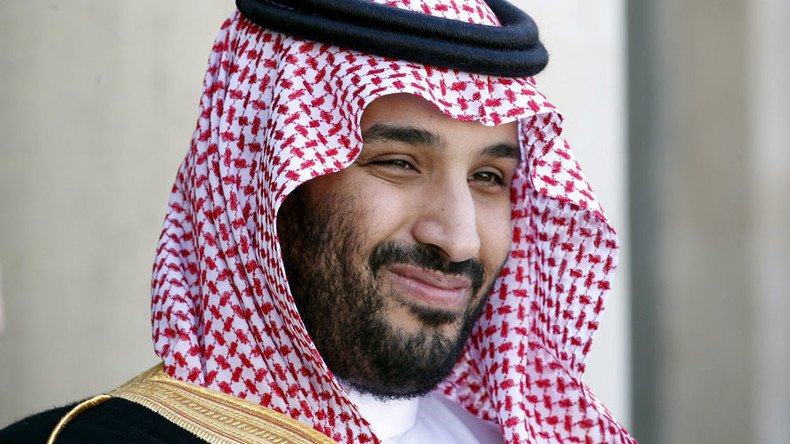Can we trust the Saudis to stick to the OPEC Deal?

As Saudi Arabia leads the Organization of Petroleum Exporting Countries in developing a six-month freeze deal, investors and industry officials should consider one key factor before rocking the markets: can we really trust the KSA to see the deal through?
The Trusted Advisor - a pop psychology book designed to help readers navigate fragile professional relationships fraught with a lack of confidence between the parties involved – breaks the concept of trust down into four main parts: credibility, reliability, intimacy and self-orientation.
So, where does Saudi stand on each of the four measures?
Credibility and Reliability
An agent’s credibility rests on its ability to achieve a stated goal based on its resources and know-how, while reliability evaluates an actor’s previous follow-through to predict future action.
Saudi Arabia’s former Oil Minister Ali al-Naimi held a strong reputation of credibility and reliability within the OPEC and non-OPEC communities as a key driver in the kingdom’s energy policies, until the events of the bloc’s disastrous April meeting in Doha.
When Deputy Crown Prince Mohammed bin Salman called al-Naimi to cancel the kingdom’s participation in the negotiated freeze deal at the last moment, it became clear that the veteran minister’s reign as oil czar had come to an end.
The newly-empowered crown prince had made it clear several times before the meeting that he would not accept a bloc-wide reduction in oil production without Iran’s participation. Iran, in turn, had flatly refused to freeze its output as it recovered from the effects of six years of international sanctions.
Despite the clear directives from up top, the oil minister presented a different face to his peers, causing his credibility to crumble.
Al-Naimi’s appeared to be “willing to sign a deal despite what [the delegation] described as ‘political statements’ from Prince Salman,” The Wall Street Journal wrote at the time, quoting anonymous sources familiar with the talks.
Two short weeks later, the kingdom’s longest-serving oil minister lost his job to Saudi Aramco chairman Khalid al-Falih, whose actions and attitudes have been in lockstep with the prince’s political posturing. And this time, the posturing looks "optimistic" for a November deal, al-Falih told a CNN reporter this week.
More on Oilprice.com: The Coming Oil Price Crash
Saudi Arabia’s perceived issues with reliability and credibility regarding the deal had been related to a miscommunication and misunderstanding between members of the royal elite, who had the power to approve or reject the agreement, and al-Naimi, the KSA’s official negotiator.
Intimacy and Self-Orientation
Saudi Arabia’s intimacy and self-orientation issues represent the biggest reason to second guess whether or not the country will work its hardest for the deal to come to fruition.
As a regional Sunni power, Saudi’s empathy for Iran’s economic rebuilding is non-existent – especially because the Shiite country would be reclaiming market share that the KSA has enjoyed since international sanctions hit Iran’s oil sector.
Saudi’s membership and leadership in the Gulf Cooperation Council (GCC) means that it has the financial-savvy and resources to prop itself and its closest allies up as the oil price storm continues. Like its fellow Gulf countries, the KSA has begun grand national projects to diversify its economy and make investments, mergers and acquisitions in highly-potent markets.
However, other members of OPEC – most notably Algeria and Venezuela – do not have massive sovereign wealth funds or an army of financial experts to keep them afloat, causing their economies to fall into chaos.
Saudi Arabia’s distance to the trials and tribulations of OPEC’s poorer members causes a misalignment of perspectives that could prove detrimental to a deal. Compared to the break-even prices of Algeria ($114.80) and Venezuela ($117.50), the KSA needs $66.70 a barrel reach a fiscal break-even situation.
Low oil prices put expensive producers – such as the Chinese - out of business, creating more energy demand, which Saudi’s could meet by ramping up supply.
Though Saudi Arabia’s credibility and reliability issues have been sorted out through personnel swap-outs, as long as the economics of oil favors a no-deal scenario for the KSA, guaranteeing its full commitment to the negotiation process is not possible.
This article was originally published on Oilprice.com












